Superheroes weren’t always popular. After the Golden Age of comics, which introduced the likes of Superman, Batman and Captain America, their popularity waned in the immediate post-war period. Instead, the ’40s-50s were filled by genre divergences, including Horror, Westerns and Romance, dominating most of the mediums market. However, partially due to the establishment of the Comics Code Authority in 1954, content involving gore (Horror), violence (Westerns) and sex (Romance) were heavily censored, aiding in the revival of the kid-friendly superhero, with The Flash (in Showcase #4, 1956) heralding the ‘Silver Age’. Yet even since the CCA’s authority weakened, Superheroes have shown no sign of slowing down.
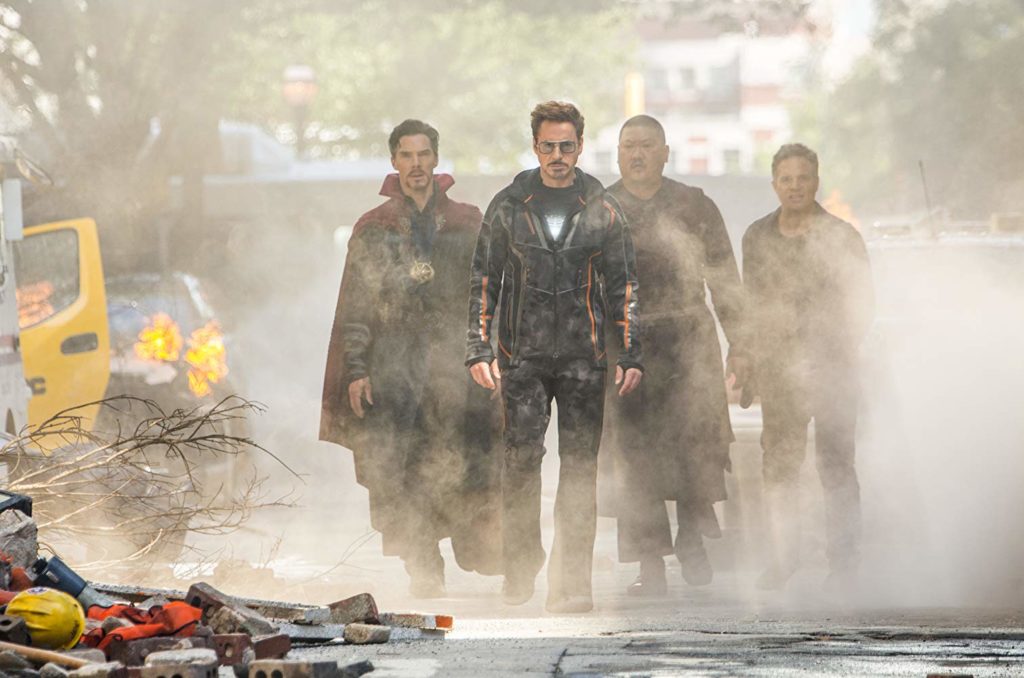
The story is similar on the silver screen. After irregular success in the 20th century (heavy-hitters like Superman and Batman finding franchises in the ’70s and ’80s respectively), the new millennium saw a steady rise in successful Superhero films, including Iron Man (2008), which signalled the start of the inter-connected comic-book universes that now dominate the box office. Although 2019 saw conclusions with Avengers: Endgame and X-Men: Dark Phoenix, these are really just pit-stops, since every studio has several more projects in development, with no true end in sight.
If you extend the scope to the small screen, the onslaught appears overwhelming, including continuations of Legion, Runaways and Cloak and Dagger, and CW’s ‘Arrowverse’, alongside new shows, like CW’s Batwoman, Netflix’s ‘Millarverse’, Disney’s original streaming service shows (like Loki and Scarlet Witch & Vision), HBO’s Watchmen and Epix’s Pennyworth (about the origins of Batman’s butler, Alfred).
Faced with ceaseless incoming content, the question becomes whether the Superhero genre really is sustainable, or a speculative bubble waiting to burst. In the comics industry, Marvel was forced to declare bankruptcy in 1997, following a crash in the market (ironically forcing the film rights to Spider-Man and X-Men to be sold, which have now been reacquired by the MCU’s success). The two industries aren’t really comparable (movie tickets aren’t ‘investments’ like comic issues are), but their reliability does seem precarious; nothing can last forever. True, Superhero films have held the Box Office for the past decade – Endgame at a current $2.74 billion worldview gross. But as its own tagline states, “part of the journey is the end”. So it’s worth examining if this craze has reached its inevitable conclusion, or if it’s a shift that has changed the landscape forever.
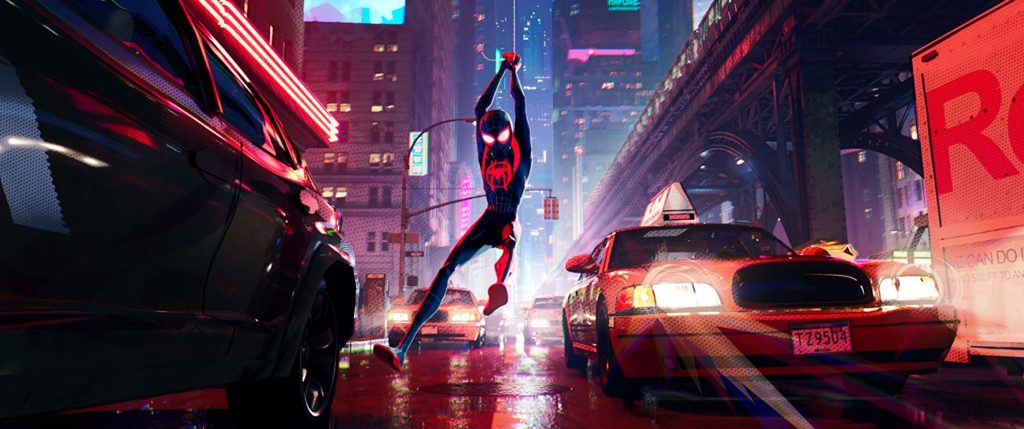
We should first ask whether Superhero fatigue exists. When all the future releases are announced, the genre may feel suffocating, but the number released per year is only about 6-7. Compared to the annual releases of action films, horror films or biopics (which Wikipedia lists 20 of for 2018), Superheroes seem small-scale. Bob ‘MovieBob’ Chipman suggests the ‘Superhero Age’ lies more in appearance than reality, since media coverage can scavenge more content in comic-book adaptations than other genres. For instance, discussions over the upcoming Spider-Man: Far from Home can include announcements over casting, speculation as a sequel to both Homecoming and Endgame, comparisons to previous ‘Spider-Man’ adaptations, explanations over Mysterio’s comic-book origins, and analysis over easter-eggs. Meanwhile, Christopher Nolan’s Tenet can only have its title and cast reported. Superhero films, because of their expansive universes, invite extended and continuous media coverage which creates the appearance of over-saturation, against a more diluted reality.
Such media coverage might actually aid Superhero franchises, putting out constant reminders of upcoming releases. With now several projects in development at once, the genre becomes an unstoppable juggernaut, and any single setback cannot stop the tide. In 1997, Batman and Robin’s failure halted the entire genre, and forced its reinvention. Now, even if Far from Home is atrocious, Marvel has too many films in development to stop. The industry has become too big to fail.
Of course, such incessant momentum might be the genre’s very downfall. Daniel Van Boom at CNet argues, “if every film is the next big blockbuster, no film is the next big blockbuster”. As Superhero films stop feeling special, increasing numbers of casual fans will start skipping installments. According to Van Boom, once the films become unessential, futures movies become inaccessible because of how difficult it is to keep up with the timeline. Long-running Superhero franchises are doomed, therefore, as they require too much effort to stay aboard, and eventually run themselves into the ground.
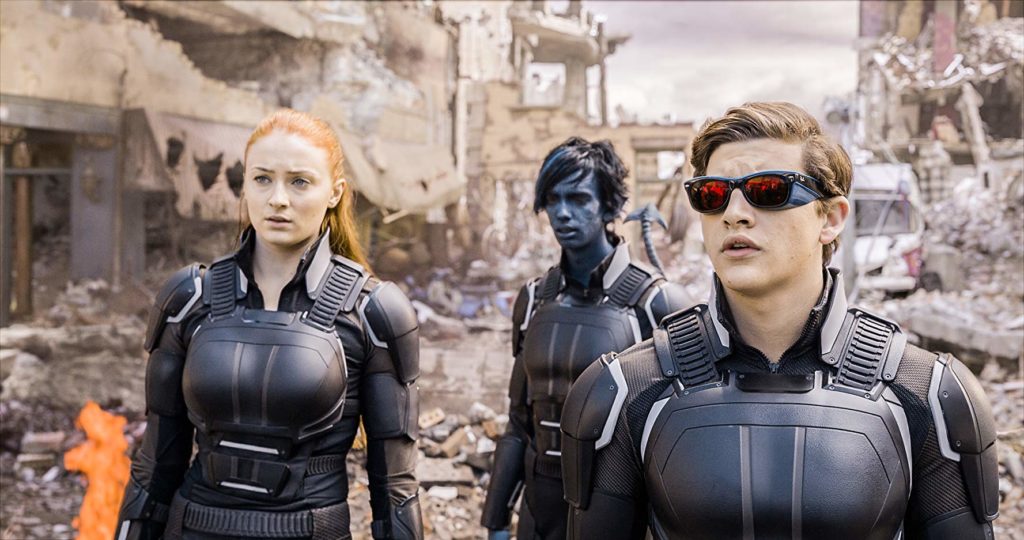
Although an understandable complaint, I’d argue that attachment to continuity is less mandatory than expected. Aside from basic knowledge of character backgrounds, you don’t really need to watch Doctor Strange or Guardians of the Galaxy to understand Infinity War. It helps, of course, but all the essential information (what the Infinity Stones are, or Gamora’s family) is explained within the film. The same is true of the original Avengers, or most of the solo-films since, aside from in-jokes and references to the larger universe, they are typically self-contained stories. Even if total knowledge feels necessary, catching up is simple given the plethora of online explanations or recaps. Few have read every issue of the X-Men since the ’60s, but because of the semi-stable status quo and availability of online information, nobody really needs to.
Perhaps instead of exhaustion, the Superhero film will die from disinterest. Van Boom’s initial point, that the genre will eventually feel too familiar, has some validity. It does seem each new entry is marketed as a twist upon the formula, an equation of “a Superhero film, but with…”. This has happened with representation in Superhero films, as with majority-black casts (Black Panther), or with female leads (Wonder Woman, Captain Marvel).
It has also happened with genre-hybrids: having Superheroes with heists (Ant-Man), high-schools (Spider-Man: Homecoming), magic (Doctor Strange), science (Iron Man), WW1 (Wonder Woman), WW2 (Captain America), space (Guardians of the Galaxy), and Atlantis (Aquaman). Superheroes have been spy-thrillers (The Winter Soldier), gritty and serious (The Dark Knight) and satirical (Deadpool). You could argue that the core appeal of Superheroes is waning, and must symbiotically sustain itself upon other genres.
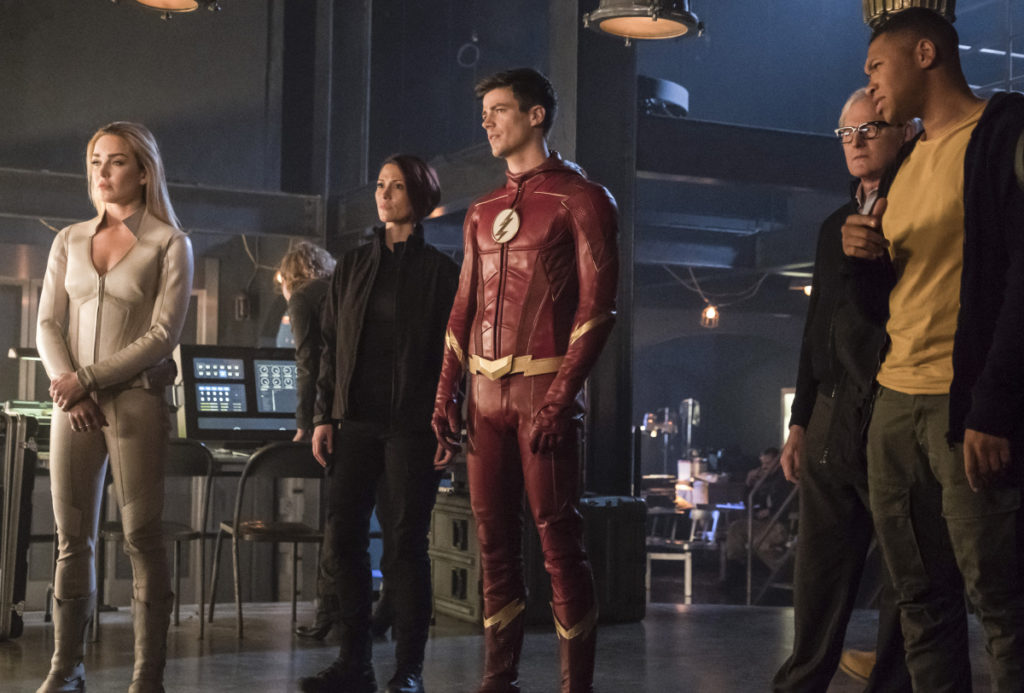
Firstly, there are many more places for Superheroes still to go. In terms of diversity, despite the important steps now made, they lack almost any Asian representation (which might be fulfilled by Marvel’s Shang-Chi) or anyone from the LGBT+ community (save minor characters in Deadpool 2, or the CW’s ‘Arrowverse’, which has included individuals from across the spectrum). In terms of genre, there hasn’t yet been a proper Superhero mystery movie (potentially waiting on Matt Reeve’s Batman) or horror film (perhaps The New Mutants, if it is ever released). And while Guardians vol. 2 and Thor: Ragnarok have pushed comic-book movies in a wonderfully ridiculous cosmic direction, both are still restrained by their self-aware humour. As Emily Yoshida of Vulture explains, “there are two ways to make people feel comfortable about science fiction and fantasy: brand loyalty and humour”. The truly, sincerely, nerdy potential of Superhero films has yet to be achieved.
Secondly, and more importantly, the genre-hybridity of Superhero films is not a weakness but a strength. Superheroes aren’t really their own genre, but a series of recognisable attributes than can be planted upon a flexible range of films. Viewings of Batman ’66, Tim Burton’s Batman and Christopher Nolan’s Dark Knight show that even the same character can exist in various formations, either camp and juvenile, or gritty and mature. In comics, Superheroes don’t have just one writer, but sagas of different creators, so that they may be rewritten to accommodate their audiences’ interest. Sony’s Morbius movie can be both a Superhero film and a Vampire film – the template for Superhero films is in reality a blank slate which allows for unlimited interpretations.
Almost all articles on ‘Superhero Fatigue’ pull out comparisons to Westerns, a genre the dominated the ’30s-50s in a far higher capacity than today’s caped crusaders (even invading the comics medium), before eventually fading away. Technically, Westerns are still being released (such as The Ballad of Buster Scruggs, Hostiles, Sweet Country or In a Valley of Violence), and have themselves been appropriated by Superheroes, within Jonah Hex or Logan. But such neo-Westerns are about their own demise, with films from Unforgiven to Hell or High Water focused on the unsustainability of the Old West. Even classic Westerns like The Searchers or Shane acknowledge the immaterial and transitional nature of the American Cowboy, who, after purging the valley of violence, must themselves disappear.
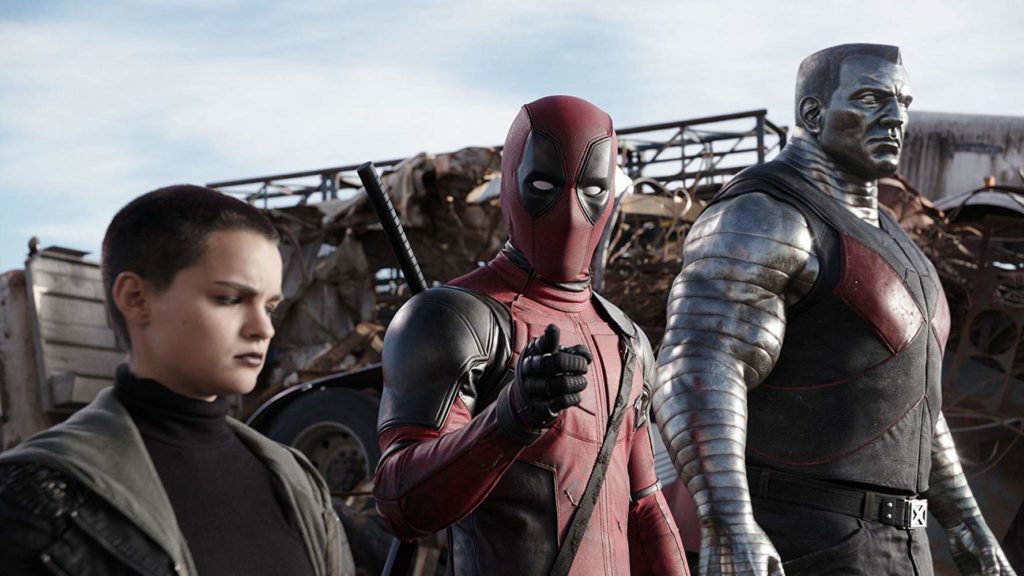
Superhero films have also gained self-awareness, with ones like Shazam! or Into the Spider-Verse about living in a world where Superheroes exist. Yet unlike Westerns, these films are not self-destructive. They are not about the impossibility of endurance, but the necessity of legacy. Unlike the transitional Cowboy, the Superhero is transcendent, an aspirational modern myth, unlimited by one singular period. As Bruce Wayne explains in Batman Begins, “as a man I’m flesh and blood. I can be ignored, I can be destroyed. But as a symbol, I can be incorruptible. I can be everlasting”.
In comics, Superheroes don’t die. And if they do, resurrection is usually not far away. Aside from a brief blip in the ’50s, they have been undeterred ever since the ‘Silver Age’. They were revived partly for their juvenility, which is far from an insult, as their stark simplicity of good against evil enables instant recognisability and understanding, that can be moulded into whatever story, genre or tone felt right. So while their survival is not guaranteed, immortality and endurance are common superpowers. Superman might outlive us all yet.
